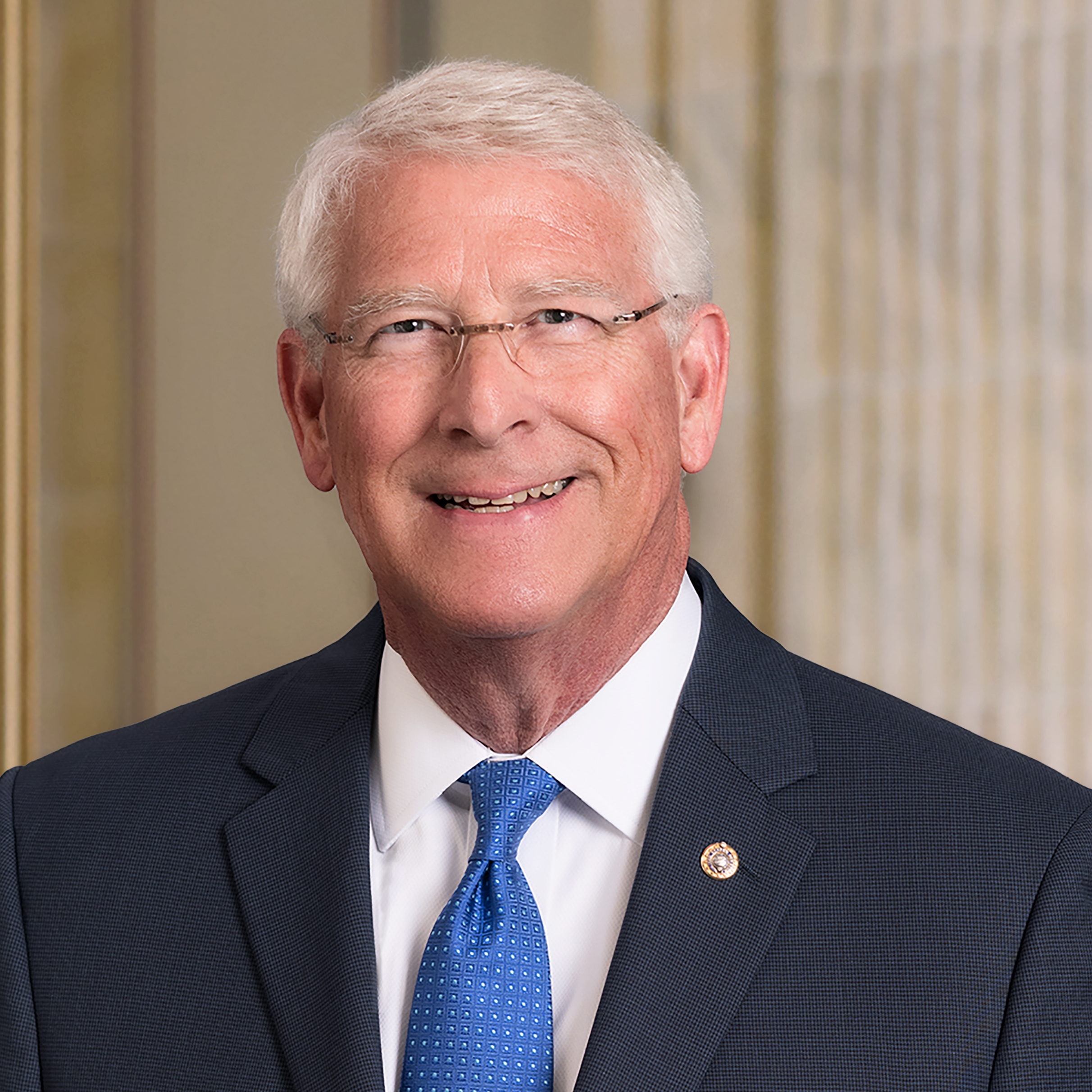Senate Tries to Get a Read on Broadband Mapping
The smarter way to stay on top of the multichannel video marketplace. Sign up below.
You are now subscribed
Your newsletter sign-up was successful
The Senate Commerce Committee held a hearing Wednesday (April 10) on an issue that has been heating up over the past few weeks--how the FCC collects and maps data on the availability of broadband connectivity.

Commerce Committee Chairman Sen. Roger Wicker (R-Mass.) said it was crucial to have accurate broadband maps on where broadband is and isn't available at certain speeds if the country wants to close the digital divide. There is pretty general agreement the FCC does not have those accurate maps yet.
The maps are used to direct broadband subsidies, so if they aren't right, unserved areas can show up as served and vice versa. Wicker said inaccurate maps waste money and stifle opportunity for economic development in rural areas.
Related: Microsoft: FCC Has to Clean Up Its Broadband Accessibility Data Act
Congress's goal, and the FCC's as well, is to collect more granular and useful data. Wicker said the issue would be a priority for his committee.
Wicker wanted to know how long the FCC's data collection process (form 477) had been deficient.
Tim Donovan of the Competitive Carriers Association said the FCC form was showing its age, as FCC Chairman Ajit Pai has acknowledged, and was not designed to be used to distribute Universal Service Fund subsidies, but instead to show over time where resources were being deployed.
The smarter way to stay on top of the multichannel video marketplace. Sign up below.
Jonathan Spalter, president of USTelecom, agreed that the process needed to be updated ASAP, as USTelecom is trying to do with its mapping initiative.
Ranking member Sen. Maria Cantwell (D-Wash.) decided not to make an opening statement at the hearing, saying there had been too much talking about mapping and that it was time for action.
She said there needed to be better data on the cost of build-outs so they could determine what role the federal government should play.
Sen. Marsha Blackburn (R-Tenn.) made it clear she thought the FCC's form 477-based maps had outlived their usefulness and that it was time to "do some things differently." She said, flatly, that 80% of Mississippi does not have access to high-speed broadband. She also said that as they talked about broadband and mapping and 5G and its revolutionary nature, what Congress needed to do was to make sure that everyone gets to be part of that revolution.
Contributing editor John Eggerton has been an editor and/or writer on media regulation, legislation and policy for over four decades, including covering the FCC, FTC, Congress, the major media trade associations, and the federal courts. In addition to Multichannel News and Broadcasting + Cable, his work has appeared in Radio World, TV Technology, TV Fax, This Week in Consumer Electronics, Variety and the Encyclopedia Britannica.

